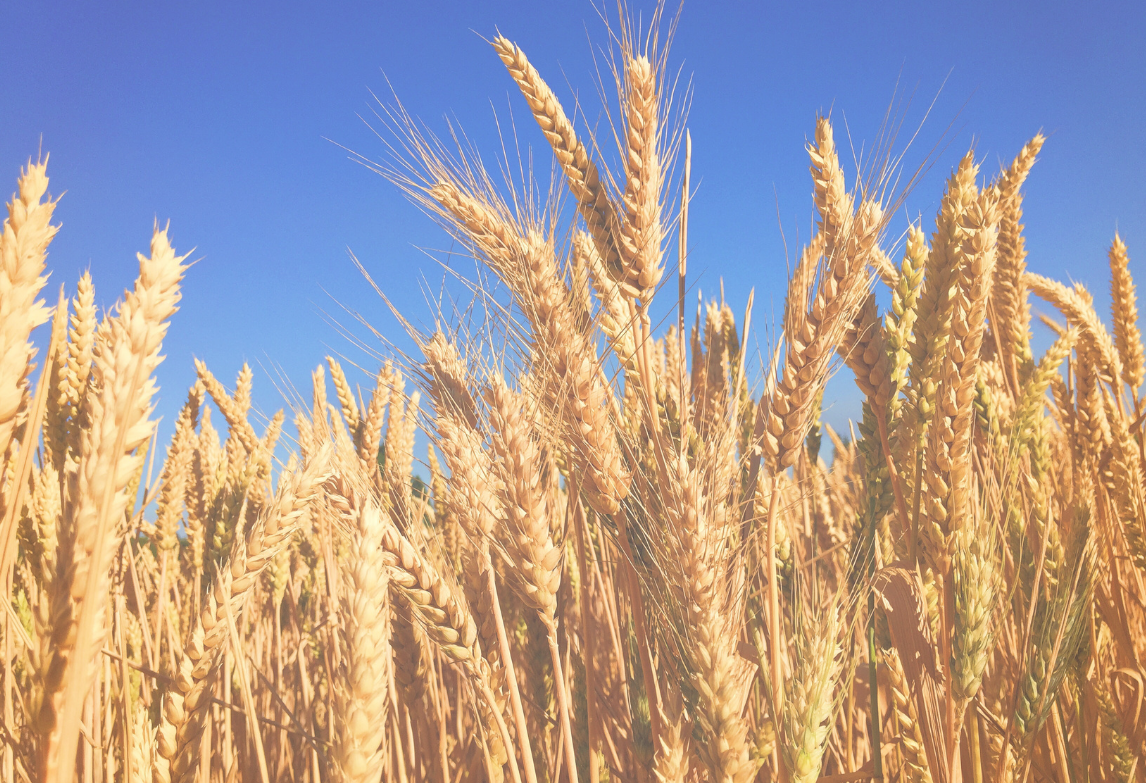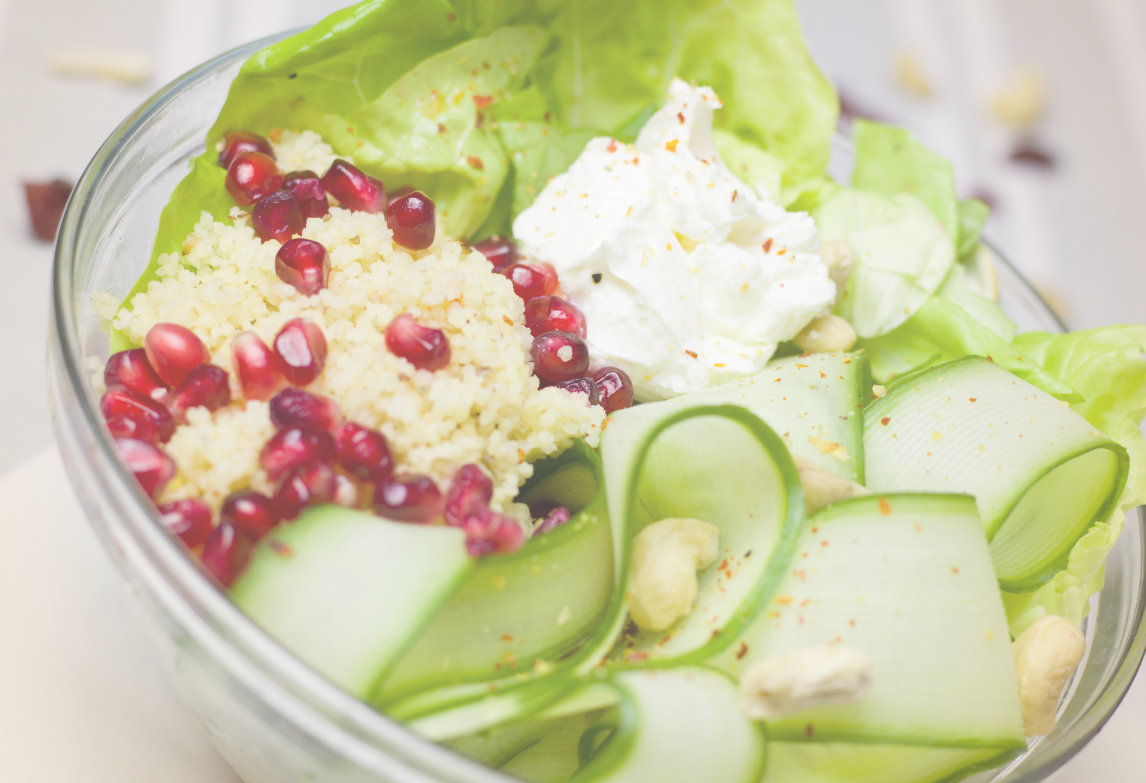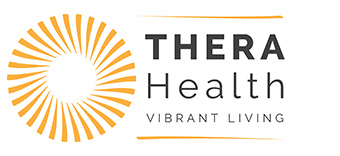For people with gluten intolerance or gluten sensitivity, a gluten-free diet may have many advantages. Going gluten-free could alleviate the symptoms associated with gluten sensitivity at every level. People who suffer from headaches, fatigue, joint pain, stomach upset, bloating and skin conditions may experience varying levels of relief when they adopt a gluten-free lifestyle.
Coeliac Disease
About 1% of the population, or 1 in 100 Australians, has coeliac disease. Awareness of the disease continues to grow, as does scientific research about how best to cope with coeliac disease. Healing after diagnosis is often achieved by adhering to a 100% gluten-free diet. There is currently no pharmaceutical cure for coeliac disease.
A major way that coeliac disease impacts health negatively is by impeding the absorption of important nutrients. In such cases, healing the lining of the gastrointestinal tract and removing gluten is an absolute for better health. Some scientific studies indicate that ignoring the problem can lead to many serious problems, like iron-deficient anaemia, seizures, osteoporosis and nerve damage.
Gluten and Healthy Foods
 Choosing a gluten-free diet can often result in a reduction of unhealthy foods such as processed foods. Furthermore, many gluten-free foods tend to naturally be healthy as well, e.g. vegetables and fruits.
Choosing a gluten-free diet can often result in a reduction of unhealthy foods such as processed foods. Furthermore, many gluten-free foods tend to naturally be healthy as well, e.g. vegetables and fruits.
The single act of removing gluten from the diet doesn’t present many benefits to people that aren’t gluten sensitive, gluten intolerant or living with coeliac disease. A shift toward healthy foods in the diet isn’t just about avoiding gluten. To benefit from a gluten-free diet, people who don’t have gluten tolerance issues must replace those starchy, carbohydrate-laden foods with whole foods that are high in nutrition.
People who adhere to a gluten-free diet because of intolerance may experience weight loss, clearer skin, a higher energy level and a better overall sense of well-being. These benefits are related to the absence of symptoms they experienced as a result of the negative effects of gluten on their digestive system.
Issues Around Avoiding Gluten
There is more to going gluten-free than just skipping bread, pasta, beer and cereal. Gluten is present in many foods that do not immediately come to mind.
Certain medications, soy sauce, the vague ingredient “natural flavourings” and even some supplements and vitamins contain enough gluten to cause problems for people living with coeliac disease.
Before deciding to go gluten-free as a dietary choice (as opposed to doing so because of coeliac disease or gluten intolerance under the direction of a physician), it’s important to understand that a gluten-free diet has drawbacks.
Many processed foods that contain wheat, barley, rye, and gluten are fortified with B vitamins, so removing those foods completely could result in a nutritional deficiency in some people. One way that many people overcome this type of problem is with supplements and by purposefully consuming foods rich in B vitamins. Some great sources of B vitamins include seafood, potatoes, poultry and leafy green vegetables.

Women who are pregnant or are trying to become pregnant should be especially cautious when choosing a gluten-free diet and consider adding a high-quality supplement to provide crucial B vitamins. They should also carefully consider the advice of their doctor when it comes to their nutritional needs.
Another deficiency that is common with a gluten-free diet is fibre. For many people, a gluten-free diet requires additional sources of fibre, since many products that contain gluten are also main fibre sources in the typical Australian diet.
Getting fibre from beans, whole fruits, vegetables, and other grains like brown rice is easy, but making the effort should be part of the change in diet when going gluten-free.
“Gluten-Free” Food Labels
Increased awareness of coeliac disease has created a demand for gluten-free food products. As a result, people who must avoid gluten for medical reasons have many more choices than they did even a few years ago.
It isn’t safe to assume that companies producing gluten-free food are substituting gluten with other, more healthy ingredients. In many cases, pre-packaged and processed gluten-free foods can be high in sugar, pesticides, GMO ingredients, saturated fat and empty calories.
A diet with high levels of sugar and salt presents a danger for adults and children. So, while finding a substitute for foods with gluten may seem easiest in a grocery store aisle with foods labelled as such, a better choice is almost always whole fruits, vegetables and naturally gluten-free grains.
Benefitting From A Gluten-Free Diet
 Replacing gluten-laden processed foods with whole foods like fruits, vegetables, grass-fed chicken, wild rice and ancient grains can have some wonderful side effects. These foods are naturally lower in calories and higher in beneficial fats and the kind of vitamins that are easily processed and absorbed.
Replacing gluten-laden processed foods with whole foods like fruits, vegetables, grass-fed chicken, wild rice and ancient grains can have some wonderful side effects. These foods are naturally lower in calories and higher in beneficial fats and the kind of vitamins that are easily processed and absorbed.
Deciding to consume fresher foods with fewer additives and preservatives is beneficial whether you can tolerate gluten or not.
Choosing a gluten-free diet under the direction of a physician may present clear and immediate benefits for people who are experiencing issues with gluten intolerance. While it may be frustrating at first to find things to eat that are “safe,” it’s important to avoid settling for substitutes that are high in sugar and salt.
BY ENZYMEDICA
Enzymedica is a Florida based company that offers the highest-quality enzyme products possible. Today, as one of the global leaders in the industry, Enzymedica strives to ensure that their products are clean, sustainable and highly effective. Find out more about Enzymedica.







Leave a Reply
Want to join the discussion?Feel free to contribute!